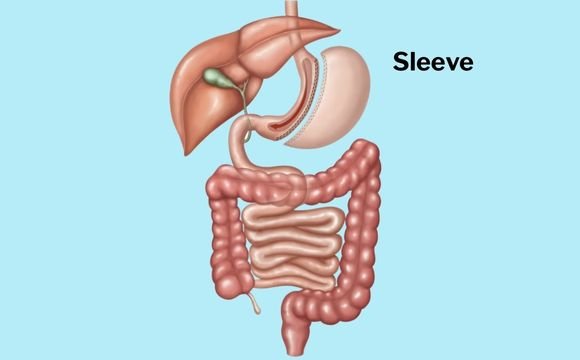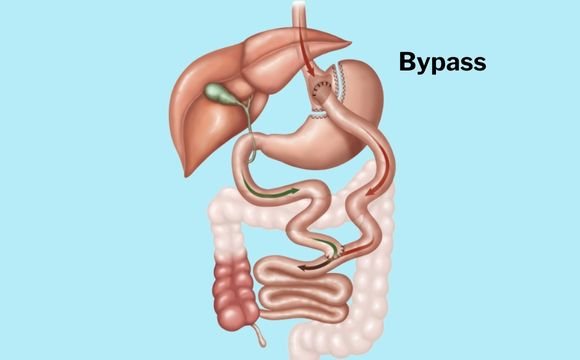 Book Appointment
Book Appointment

The most commonly performed laparoscopic bariatric procedure is called a gastric sleeve. Bariatric sleeve surgery, or vertical sleeve gastrectomy, involves surgically narrowing the stomach. Gastric Sleeve Procedure has been increasing in popularity and is the fastest growing weight loss surgery option. Sleeve gastrectomy surgery is a restrictive surgical procedure. VIGOS Hospital is the best center for treating obesity and obesity Surgery.
Learn more
Roux-en-Y gastric bypass has the most extended history of any weight loss procedure in the United States. However, these procedures are decreasing drastically in America because more patients choose Sleeve gastrectomy. After all, the sleeve has fewer long-term side effects.
Living with obesity can be overwhelming—not only does it affect physical health, but it also impacts confidence, mobility, and quality of life. Many people and struggle with weight loss despite repeated efforts with diets, exercise, and medications. For those facing severe obesity, Bariatric Surgery (Weight Loss Surgery) is a scientifically proven, effective, and safe solution.
To help you make an informed decision, we’ve compiled this comprehensive list of Frequently Asked Questions (FAQs) about Bariatric Surgery. Our goal is to address your concerns with clear, compassionate, and detailed answers.
